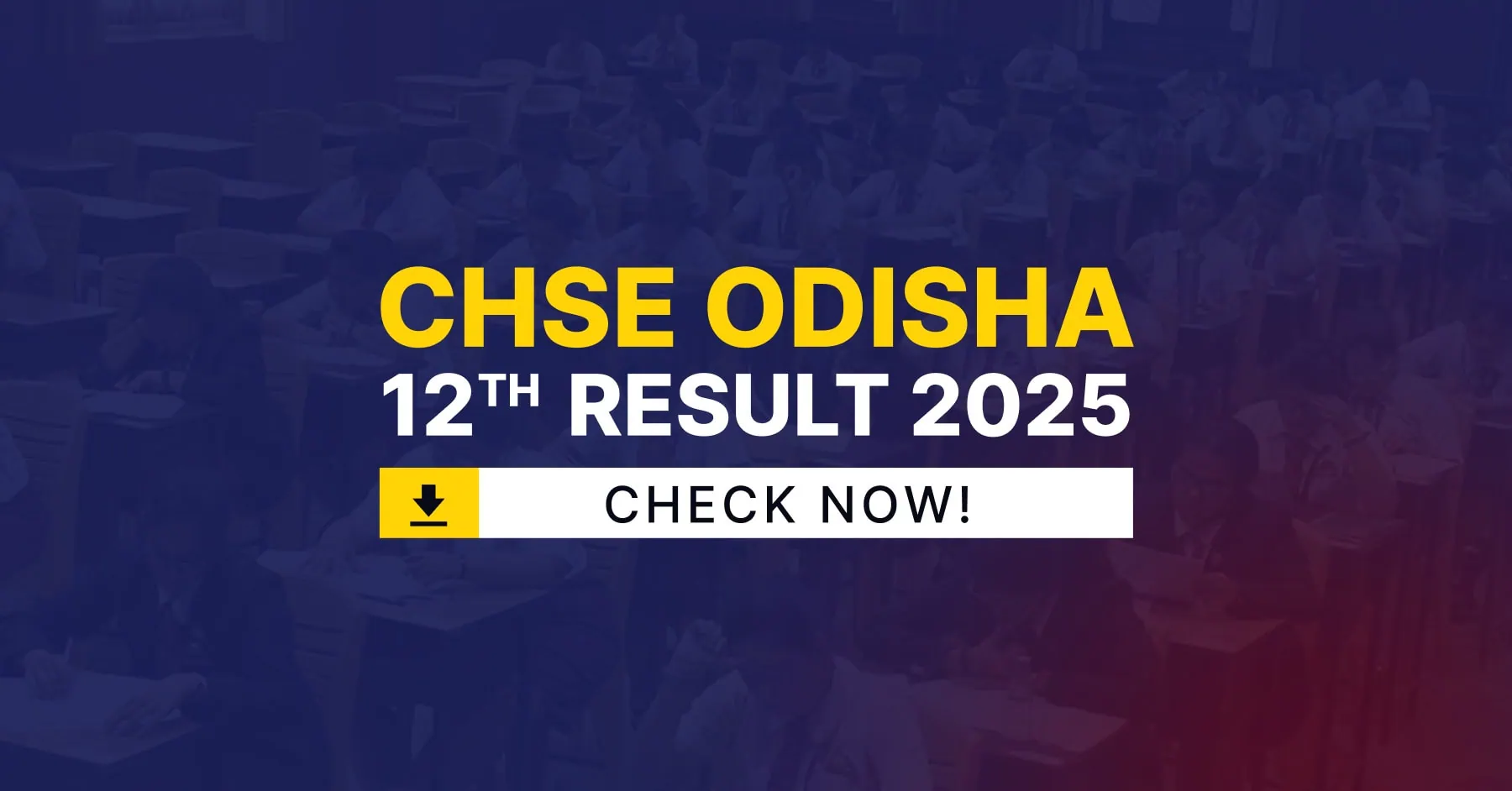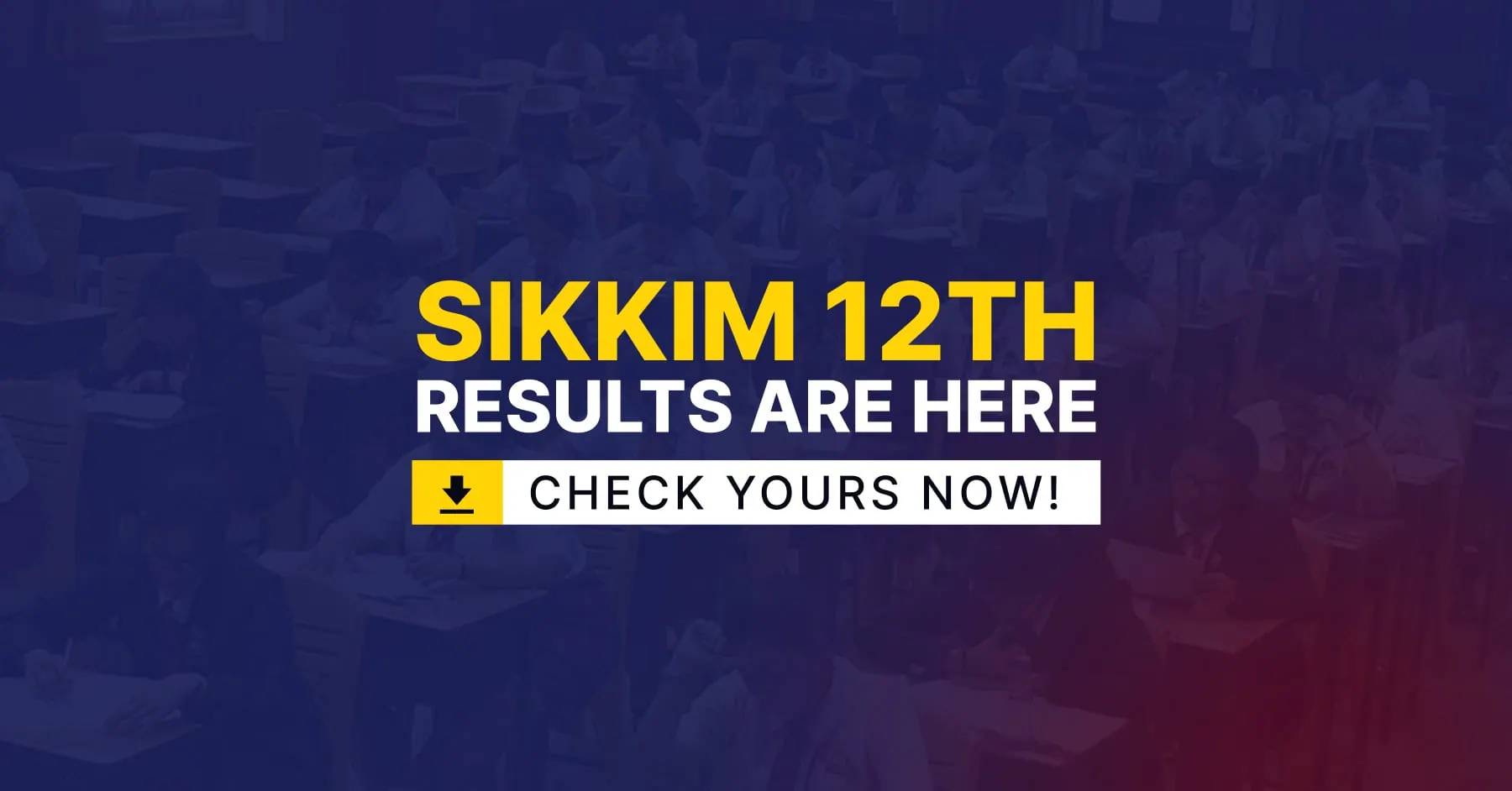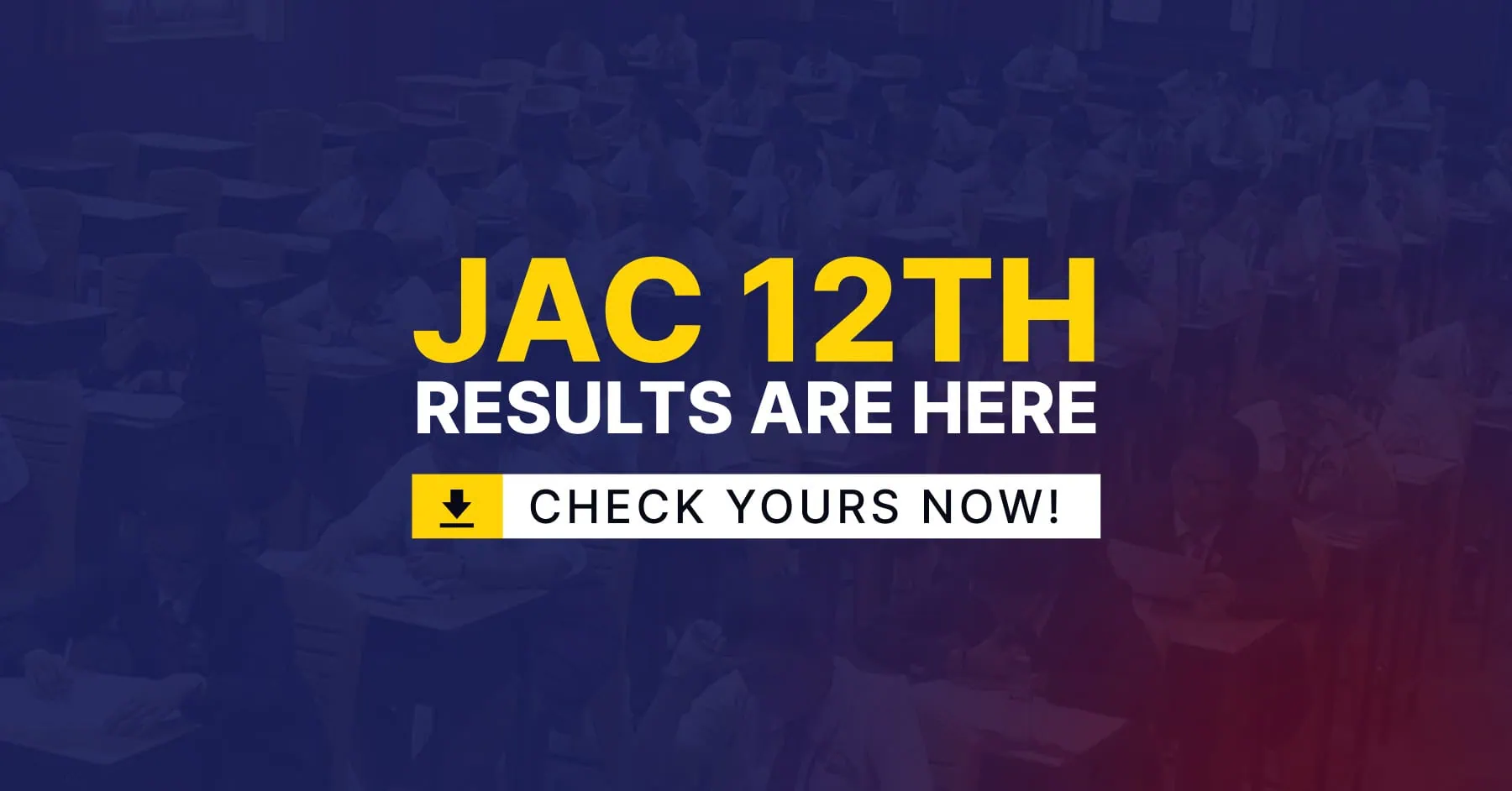Class 12th is unquestionably the doorway to your future. Whatever degree you pick after 12th is the major turning point in your life. Among the sea of subjects to study and a number of degrees to get your name on, some commerce students get unsure when it comes to picking their undergraduate degree. From the line of undergraduate degrees two of them in recent years have come up as a pair which often becomes the topic of confusion for students – BBA & B.Com.
BBA and B.Com are in many aspects similar all the while being different. Both the degrees have their own charms and perks but over the years it has been seen that a lot of students sometimes hesitate to choose between the two. While B.Com is a slightly conventional subject, BBA on the other hand is more of a contemporary one. And when conventional meets contemporary or something radical there is always a little confusion as to which one is better? Or which is the right choice to be exact.
Well, there is no right or wrong between the two. They both are extraordinary courses with extensive study of subjects in the field of business or commerce. For either to be a right choice for any student depends on the demands and the vision of that student. So it becomes really important to go in depth of both these courses and match it with your future road map. Find out every single detail you can about the two before you choose. The one which seems like the best medium that will get you where you want to be in five years is what you would want to choose. Consider everything including the course duration, subjects taught, future scope i.e. scope for further study, career options etc.
BBA vs B.Com
|
Courses |
BBA |
B.Com |
|
Duration |
3 years |
3 years |
|
Eligibility Criteria |
Class 12th pass from a recognized board with minimum aggregate of 50% In any stream |
Class 12th pass from a recognized board with minimum aggregate of 50% in Commerce Stream |
|
Major Subjects Taught |
|
|
|
Further Study Scope |
|
|
|
Career Options |
|
|
Bachelors of Business Administration (BBA)
Bachelors of Business Administration is an undergraduate programme that teaches students about business administration. This three-year degree programme teaches students entrepreneurial and business management skills. Teamwork, communication skills, time management, problem solving, and analytical skills are among the skills students acquire after completing a BBA programme.
Business Law, Human Resource Management, Financial Accounting, Taxation, Business Environment, Research Methodology, Public Relations Management, Economics, and other subjects are commonly covered in BBA programmes.
Eligibility Criteria: Class 12th pass from a recognized board with minimum aggregate of 50% in any stream can apply for admission in BBA. Some institutes may require students to have studied mathematics in 10+2. Apart from this, some colleges may also require candidates to take an entrance exam; however, this criterion varies from college to college/university to university.
Further Study Scope: After completion of BBA students have unlimited options to widen their horizons as far as their career path is concerned. They can go on and choose from various higher education options such as
MBA (Master of Business Administration): Two year post graduate degree program designed to provide students with the necessary management and corporate knowledge and skills.
PGDM (Post Graduate Diploma in Management): This course is similar to MBA both in terms of duration and curriculum.
CA (Chartered Accountancy): A Chartered Accountant is a certified accounting professional who is qualified to handle a company’s taxation and accounting affairs. This tough course requires extensive preparation, relentless hours of study and dedication.
LLB (Bachelor of Legislative Law): Bachelor of Law is a three-year postgraduate degree that is one of India’s most sought-after professional courses. As the name implies, this programme focuses on various aspects of law and its application.
PGD Banking (Post Graduate Diploma in Banking): Running for 1 year this post graduate diploma programme trains students in the fundamentals of banking.
Career Options After BBA
|
Top Jobs |
Top Recruiters |
|
Human Resource Manager |
HP |
|
Finance Manager |
ICICI Bank |
|
Research and Development Manage |
Microsoft |
|
Business Consultant |
IBM |
|
Marketing Manager |
Deloitte |
Bachelors of Commerce (B.Com)
Bachelors of Commerce, abbreviated B.Com, is the most popular course for commerce students after completing class 12. It is a three-year programme that provides students with a thorough understanding of the field of commerce. Students with a B.Com degree have a better idea of what they want to specialise in after the completion of the course. They can also specialise in economics, management studies, computer applications, foreign trade management, taxation, accounting, e-commerce, banking, and other fields.
Financial Accounting, Economics (Micro & Macro), Business Mathematics and Statistics, Income Tax, and many other subjects are covered in the B.Com curriculum. However, in addition to these subjects, students must select other elective subjects from the university’s offerings. Other subjects of interest include English, Environmental Science, Business Organization and Management, and so on.
Eligibility Criteria: Admission to Bachelors of Commerce programmes varies by college/university to university. The minimum requirement for admission to B.Com is a Class 12 pass from a recognised board in the Commerce stream with a minimum percentile of 45. Some prestigious universities have established merit-based eligibility criteria, with only the top scorers ranging from 95 percent to 99 percent percentile being accepted. Some colleges and universities, such as Banaras Hindu University – Undergraduate Entrance Test (BHU UET), Guru Gobind Singh Indraprastha University Common Entrance Test (IPU CET), NMIMS NPAT, and others, hold entrance exams. Another variable is that some colleges and universities require candidates to have mathematics as a mandatory subject in class 12.
Further Study Scope: Students with a B.com degree have a plethora of options for broadening their horizons in terms of career paths. They can then choose from a variety of higher education options, such as
M.Com (Master of Commerce): Master of Commerce is a two year post graduate degree is an extension to the B.Com with an in depth indulgence in commerce subjects.
MBA (Master of Business Administration): Two-year postgraduate degree programme designed to equip students with management and corporate knowledge and skills.
PGDM (Post Graduate Diploma in Management): This course is similar to MBA both in terms of duration and curriculum.
CA (Chartered Accountancy): A Chartered Accountant is a certified accounting professional who is qualified to handle a company’s taxation and accounting affairs. This tough course requires extensive preparation, relentless hours of study and dedication.
LLB (Bachelor of Legislative Law): Bachelor of Law is a three-year postgraduate degree that is one of India’s most sought-after professional courses. As the name implies, this programme focuses on various aspects of law and its application.
CS (Company Secretary): The Institute of Company Secretaries of India (ICSI) started the Company Secretary course as a distance learning course to regulate the profession of Company Secretary.
Cost and Management Accountant (CMA): CMA is an excellent professional course for those wishing to advance in the field of management accounting. After CA and CS, this is the most popular professional course among commerce students, and it is growing in popularity.
Certified Financial Planner (CFP): CFP is an internationally recognised financial planning certification course. A CFP professional counsels individuals as they make financial decisions in order to achieve their financial and life goals in general.
Career Options After B.Com
|
Top Jobs |
Top Recruiters |
|
Auditor |
Deloitte |
|
Tax Consultant |
Accenture |
|
Finance Consultant |
Capgemini |
|
Accountant |
Wipro |
|
Banker |
Amazon |









